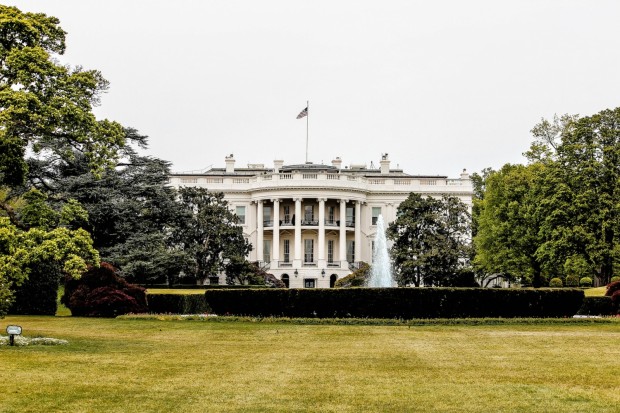Political Economy: How Businesses Respond to Ideologies & Policies?

The Political Economy and Entrepreneurship
Democrat White House and Senate vs Republican House
In today's political landscape, a slim Republican majority controls the US House of Representatives while Democrats control the White House and Senate. This combination can have a significant influence on economic policies as well as entrepreneurship. This article will discuss how these divergent political agendas affect social spending, budgeting and accountability, taxes, and long-term strategic objectives for entrepreneurs. We begin with an introduction to capitalism in the US economy.
Introduction to Capitalism in the US Political Economy
Capitalism is an economic system based on private ownership of the means of production, where goods and services are exchanged in a free market. In the political economy of the United States, capitalism has been the dominant model since its founding.
This system allows individuals to pursue their economic interests while providing opportunities for investment and innovation. It also encourages competition, leading to higher quality products at lower prices. Despite some adverse effects associated with capitalism, it has proven to be beneficial for both businesses and consumers in the US.
The US free market system is becoming increasingly regulated. Regulation has always been a part of the free market system in the US, but over the last decade or so, it has become more stringent. This is due to various factors, including increased public demand for accountability from businesses and governments and increasing pressure from international trade partners.
While the regulation does impose certain restrictions on business activity, it also helps ensure fair competition and consumer protection by curbing monopolistic practices and preventing price gouging. While this is still considered a free market system, it operates within an increasingly regulated environment.
Social Spending Agenda vs. Tight Control over the Purse Strings
The Democratic agenda typically involves increased spending on infrastructure, health care, and education. They also prioritize investment in renewable energy sources like solar or wind power. By contrast, Republicans generally favor tighter control over government spending, emphasizing reducing taxes and cutting back on social programs such as welfare or food stamps that they view as wasteful public expenditures. A stronger focus is placed on military budgets rather than domestic policy initiatives that may benefit lower-income households.
Greater Accountability through Budgeting with GOP
Republicans tend to prioritize greater accountability when it comes to budgeting; they believe that money should be spent only when there is evidence of tangible results from investments made in certain areas. For example, suppose funding is allocated to build new roads or schools. In that case, there must be proof that those projects improve citizens' lives before additional money is committed to them again in future years. This approach often leads to more efficient use of taxpayer dollars, which can benefit entrepreneurs looking for ways to save money without sacrificing quality outcomes from their businesses or services.
Taxes & Entrepreneurship
Taxes are another important issue when discussing entrepreneurship under a divided government system between Democrats and Republicans (as seen currently). The Democratic platform typically includes higher taxes on upper-income earners while providing tax relief for middle-class Americans; this could result in larger capital gains taxes being imposed, reducing profits earned by entrepreneurs who rely heavily upon investments or stock market returns for their business success stories.
On the other hand, Republicans generally support lowering all types of taxes across the board with particular emphasis placed on corporate tax cuts - something which could potentially help small business owners become more competitive within their respective industries since their operating costs would decrease due to fewer expenses associated with taxation requirements at both federal and state levels (or localities where applicable).
Long-Term Strategic Objectives Outliving Governments in Power
Economic policies created by either party might not outlive governments in power, but some strategies do remain intact even after changes occur politically speaking; for instance, if Democrats implement regulations meant to protect consumers from predatory lending practices, then those rules will still apply even if Republicans take office later down the line because they serve an essential purpose regardless of party affiliation (in this case protecting people's financial stability).
Similarly, suppose Republicans pass legislation making it easier for small business owners to access financing opportunities. In that case, those benefits will continue once different politicians come into power. So, entrepreneurs must understand both sides' platforms when deciding what kind of long-term strategy best suits them moving forward, no matter who holds office at any given time throughout history. Policies and budgets are set for the future. These earmarks are passed by Congress and are legally binding.
© 2017 Jobs & Hire All rights reserved. Do not reproduce without permission.
* This is a contributed article and this content does not necessarily represent the views of jobsnhire.com




